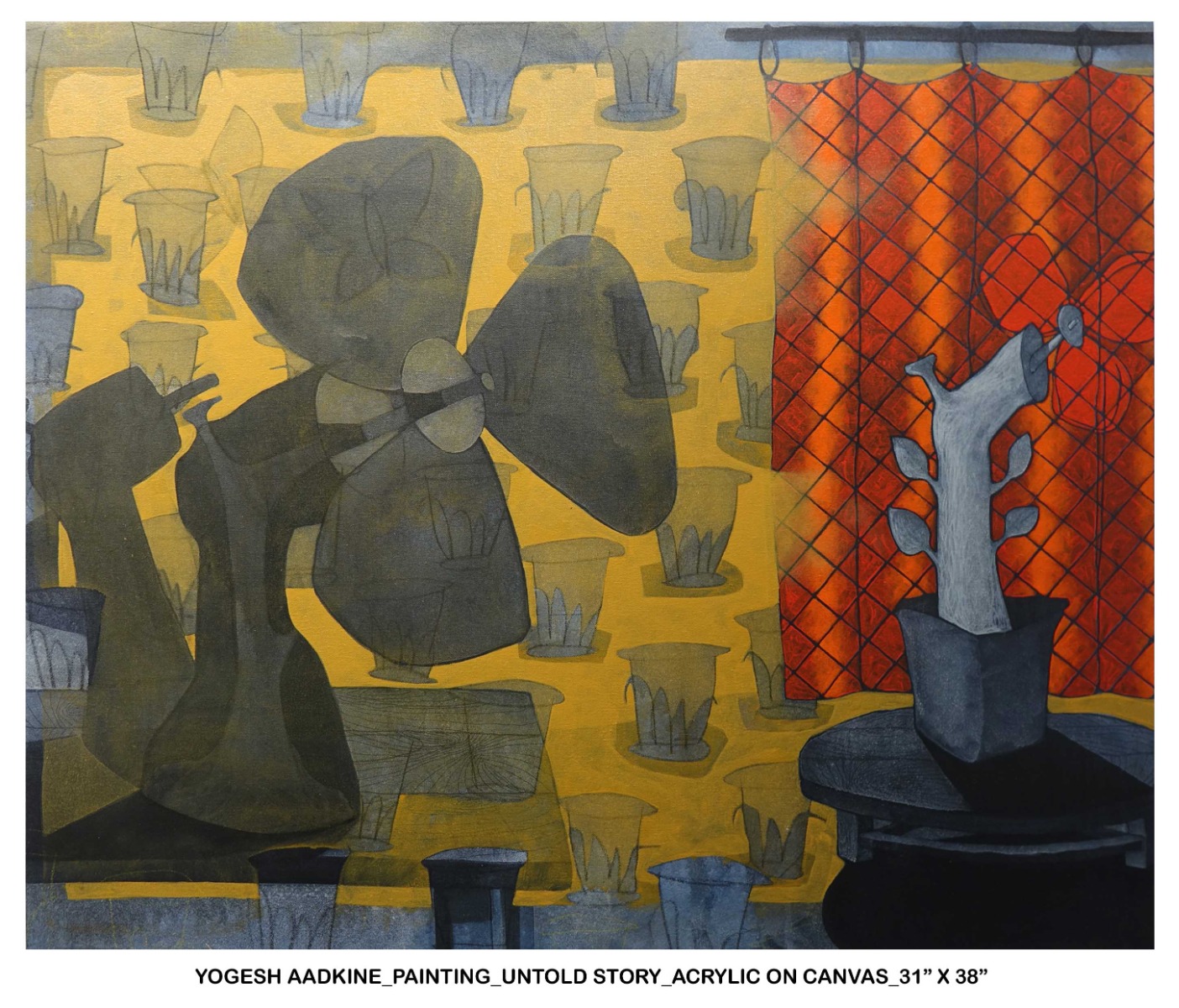UNTOLD STORY
Our behaviour and policies with regard to nature and the environment should be guided by a code of ethics, which is to be derived from basic principles and from a pragmatic consideration of the issues at stake.Increasing human population interacts with local and global environments to deplete biodiversity and resources humans depend on, thus challenging societal values centred on growth and relying on technology to mitigate environmental stress.
Nature performs major miracles for us every day – from giving us great views and helping to prevent floods to regulating the weather and keeping us supplied with clean water, fresh air and plentiful food.When running the tap or doing the shopping it’s easy to forget that without healthy soils and diverse plant and animal species doing their thing our lives would be tougher and poorer.
Trees in towns cool us in summer and trap air pollution. Bees pollinate our crops, putting food on our table and in our stomachs.
However smart we’ve become as a species, without diverse nature and a healthy functioning natural environment we’ll be as lost as a tourist without a map app.
Consequently, we need to stop thinking about going back to what never was and instead work at moving forward to forge a more harmonious relationship with nature in the future. Using the rise of the automobile and climate change denial literature to explore how our current environmental era was written into existence, paintingreasons that the humanities—and not, as might be expected, the sciences—need to lead us there.
In one sense, climate change is caused by a rise in atmospheric CO2 and other so-called greenhouse gases. Science can address this cause. However, approached in another way altogether, climate change is caused by a range of troubling human activities that require the release of these gases, such as our obsessions with cars, lavish houses, air travel and endless consumer goods. The natural sciences may be able to tell us how these activities are changing our climate, but not why we are engaging in them. That’s a job for the humanities and social sciences. As this paintingreasons, we need to see anthropogenic (i.e. human-caused) climate change for what it is and address it as such: a human problem brought about by human actions.
A passionate and personal exploration of why the Environmental Humanities matter and why we should be looking forward, not back to nature, this painting will be essential interpretation for all those interested in the future and sustainability of our planet.
Return Policy: Available
Authencity Certificate : Provided
Shipping Duration: Within 7 days In India.
Shipping charges: Free Across India.
International Shipping at nominal charges. Shipped Rolled.
International Shipping at nominal charges. Shipped Rolled.
₹70,000







